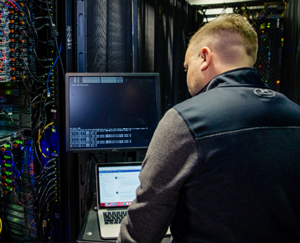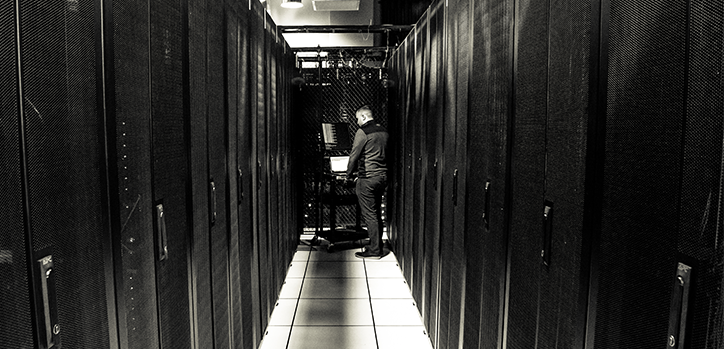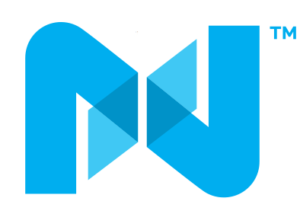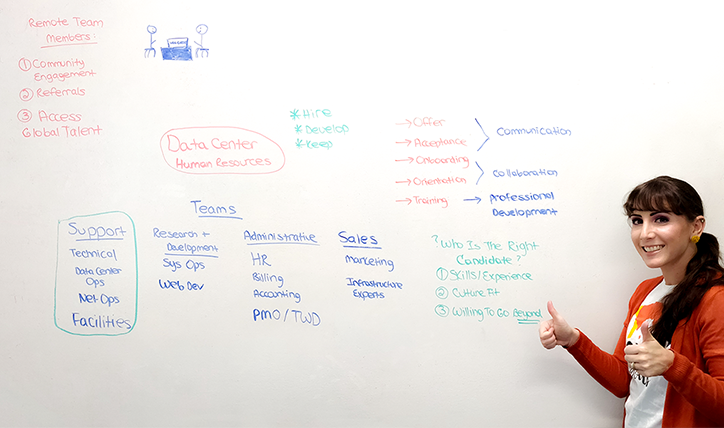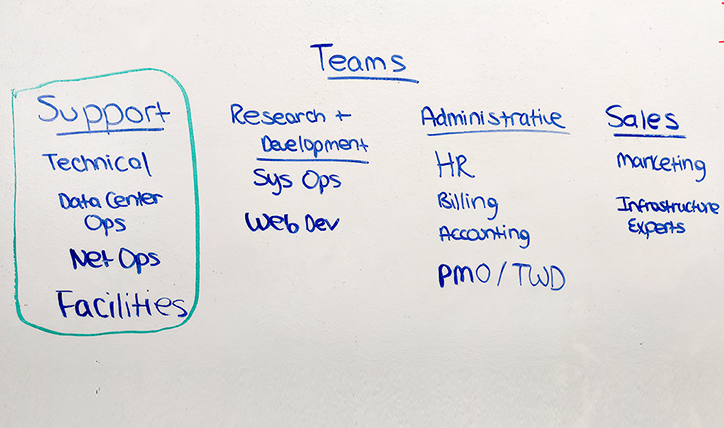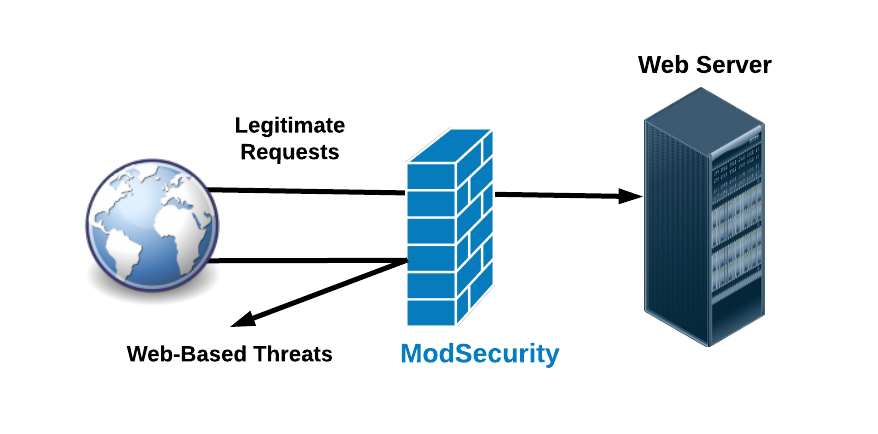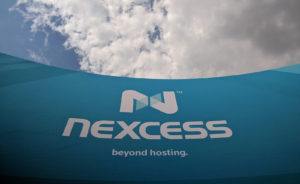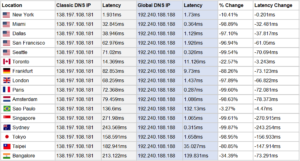Why Hosting Support Is Important

We’re here to tell you that regardless of who you’re hosting with, it’s not if you need support, it’s when. Even the most secure web hosting provider encounters issues outside of their control. A good support team means that when those issues arise, you’ll be able to quickly and effectively negate their effects
This article takes a deeper look at what’s important with regards to a support team and how you can get the most out of them.
Problems Will and Do Happen
Imagine this: you’re hosting with one of the best providers available. You researched for hours to find one that met and exceeded all of your criteria. They boast incredible uptime, talk about amazing page load speed, and they even provide auto scaling for when traffic spikes. Then one day you open your laptop to a refreshed page of… a 404 error. Your site isn’t there and you’re suddenly aware you’re losing money. Who do you call?
No, not the iconic 80’s team of paranormal experts, you need to get in touch with your hosting support team. You search their site frantically but find nothing. Money continues to disappear. Eventually, you stumble across a contact page in a small, dark corner of their website.
You call the number as fast as possible and… you’re told you’re at the back of the queue and will have to wait for an unknown period of time.
The example above is exactly why you should invest time in finding out about the hosting support your provider offers.
The risks to a data center are multiple and include a number of elements outside of the provider’s control. A good support team means that when these risks become a problem, you’ll be able to quickly and effectively negate their effects.
When Can You Contact Support?
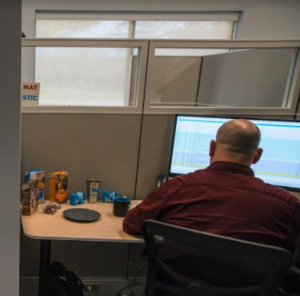
To get a good idea of how accessible and effective your support team will be, here are four areas you should be asking about.
- The channels available for accessing support (phone, tickets, email, social, etc)
- The support tier team members available
- The support team’s knowledge level (including with your application)
- The support team’s access to infrastructure
Response Time
Many hosting providers advertise a quick response time. Ask them to define what that number means. A 15-minute response time doesn’t usually mean the time it takes for them to solve or begin working on your request, but an initial response time.
How Can You Contact Support?
Multiple avenues for contacting your support team are important. Most hosting providers offer a ticketing system through an internal network. This is great for long-form queries and issues but isn’t always the fastest support option available.
Reach out and see how Hostdedi Beyond Management means your website stays secure.
Other support channels can include:
- A ticket system
- A phone number
- An email address
- An online chat box
- Social Media
Some issues have to be solved quicker than others. In these cases, phone support is best. Check to see if your hosting provider offers a 24/7 support line by phone and if you have access to that number.
A web hosting knowledge library with how-tos and guides is a great way to judge your provider’s own knowledge level and allows you to have more control over your solution.
Who Is Your Support Team?

Location: The first question you should be asking is where the support team is located. Is support outsourced to third-party companies in other parts of the world? Outsourced support often leads to lower quality service and adds an extra step to the line of communication. Opt for a hosting provider with in-house support for a better experience. This is best when combined with an owned and operated data center.
Experience: The level of experience and background knowledge between web hosting support teams varies considerably. Some providers only hire top-of-the-line support staff, others opt for cheaper options.
Application Support: If your hosting provider claims to provide support for the application you run (whether that is Magento, WordPress, WooCommerce, ExpressionEngine, Drupal, or something else), ask if they have any application-expert support staff. Not only will this help when you run into application issues, it also lends credibility to claims that their hosting solution is optimized for your application.
Support Tiers
Calling your support team isn’t something you should necessarily be doing a lot of, but if you are, then it’s good to know you’re going to be able to reach the right person. Ask about the support tiers available and how easy it is to move between them when required. At Hostdedi, there are three main support tiers:
- Tier 1: Basic support
- Tier 2: Advanced support that requires a deeper knowledge of applications and/or infrastructure
- ESG: (Enterprise Support Group) For enterprise-level clients with more complex requirements
Different support tiers tend to focus on different types of issues. It’s often faster to go to a tier 1 support team for simple issues, and tier 2 for those more complex.
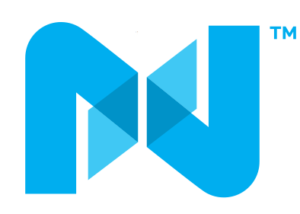
Don’t forget to see how the Hostdedi Cloud can take your hosting to the next level. We’ve created a hosting platform that’s faster, scalable, and more secure. Find out more.
Posted in:
Hostdedi




